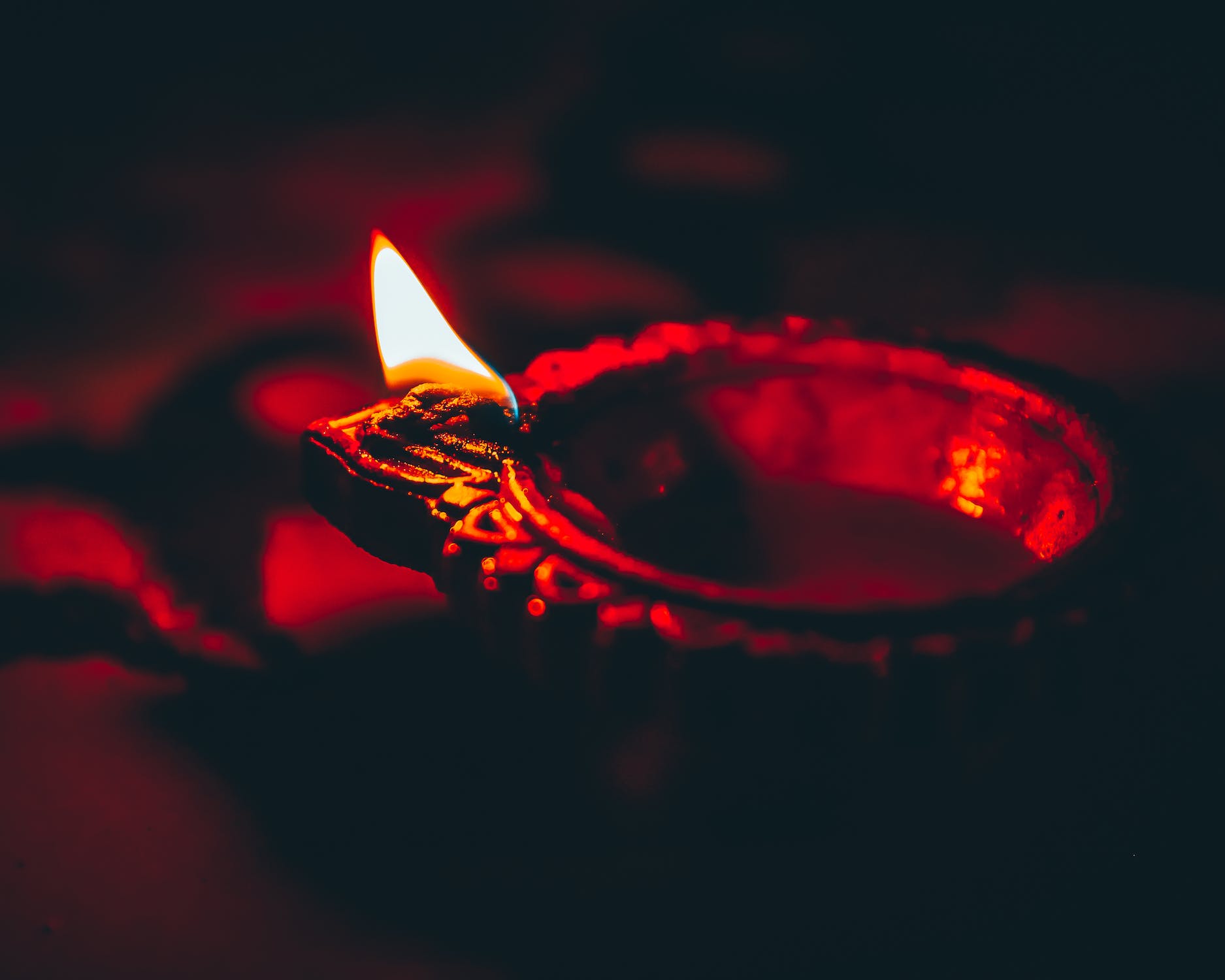
Is Dussehra a Feminist Festival?
Want to read this article in short?
Head to our Instagram page.
As soon as it's time for Dussehra, we witness messages circulated about the divine power of shakti, of Maa Durga in various forms around us. Is there anything inherently wrong with celebrating this? We leave that up to you, but while you decide, let’s reflect on an important problem attached to such celebrations — glorification.
What is glorification?
Glorification literally means "the action of describing or representing something as admirable." This admiration is often excessive.
Dussehra celebrates the Hindu god Rama's victory over Ravana and the triumph of good over evil. Rooted in the epic Ramayana, it depicts Rama rescuing his wife Sita from Ravana, the king of Lanka.
When we celebrate mythological festivals with great glorification, we give them social, cultural, and religious sanction — so rigid that it often eliminates the space to question. But questioning is essential in a society like India, where goddesses are worshipped and yet women remain among the most unsafe.
So, what questions should we ask ourselves before calling Dussehra a feminist celebration?
For whom is Dussehra a festival?
Dussehra is largely celebrated by Savarna Hindus — Brahmins, Kshatriyas, and Vaishyas — the top three groups in the Hindu varna system. Shudras and Avarnas (Dalits and others outside the caste hierarchy) are excluded from this mainstream celebration.
Rama is widely seen as an Aryan deity, whereas Ravana is recognized and worshipped in parts of India as a Dravidian deity. For many Avarnas, Dussehra isn't a celebration — it's a reminder of cultural domination.
The glorification of Dussehra, therefore, reflects Savarna dominance. This deepens existing caste divides under the guise of religious celebration.
Whom does the goddess Durga represent?
Durga was worshipped by Rama before he defeated Ravana. She is often revered for killing demons like Mahishasura.
However, from a caste and racial perspective, Durga represents the ideal Savarna woman — powerful yet bound by traditional feminine virtues. Organizations like the Durga Vahini reinforce this ideal.
Avarna and Ati-shudra women, on the other hand, are excluded from this symbolic representation. Durga doesn't represent them. This raises an important question — how can Dussehra be feminist if the central goddess doesn’t represent all women?
What is feminist about Dussehra?
It’s often said that Dussehra celebrates womanhood and feminine power. But what exactly are we celebrating?
Festivals like Dussehra glorify fertility, motherhood, and chastity — standards set only for women. Goddess figures are usually referred to as “Maa,” making motherhood central to womanhood. This erases the existence and choices of women who choose not to be mothers or cannot become mothers.
We glorify pativrata (faithful wives) like Sita, who follow streedharma. This ideal expects loyalty, submission, and sacrifice. Women are still expected to “prove” themselves, just like Sita was expected to jump into fire to prove her chastity.
Meanwhile, women like Shurpanakha, who openly express desire, are vilified — reinforcing casteist and patriarchal ideas. Feminism cannot be built on a foundation that honors only certain types of womanhood.
What about the Ramayana?
The first Ramayana was written by Valmiki and is known for its references to caste hierarchies and power imbalances. Yet the version we popularly refer to today is Tulsidas' Ramcharitmanas, which was written later and from a more Savarna perspective.
Why is Valmiki’s version, authored by a Dalit sage, excluded from popular worship and cultural memory? This exclusion speaks volumes.
Final thoughts
We often hear things like, “Caste doesn’t matter in India anymore.” But the glorification of festivals like Dussehra shows otherwise.
So let's not just celebrate blindly. Let’s question:
Is Dussehra really a feminist festival? Or merely another casteist appropriation of feminism?
If you or somebody you know wants to learn about inclusive feminism, consider reaching our ‘Support’ and ‘Engage’ verticals for affordable and inclusive help!
Image credits – Pexels.com
